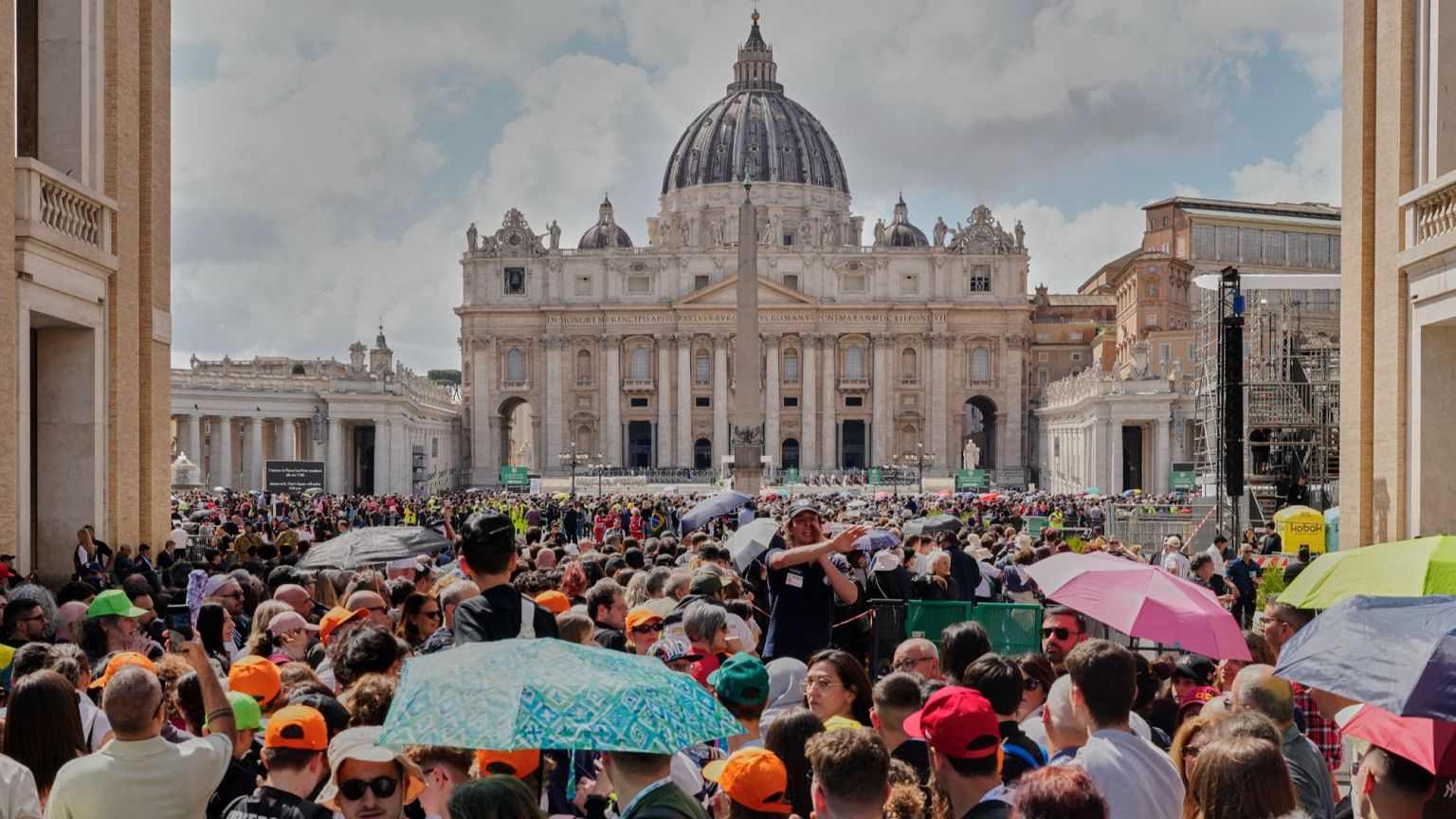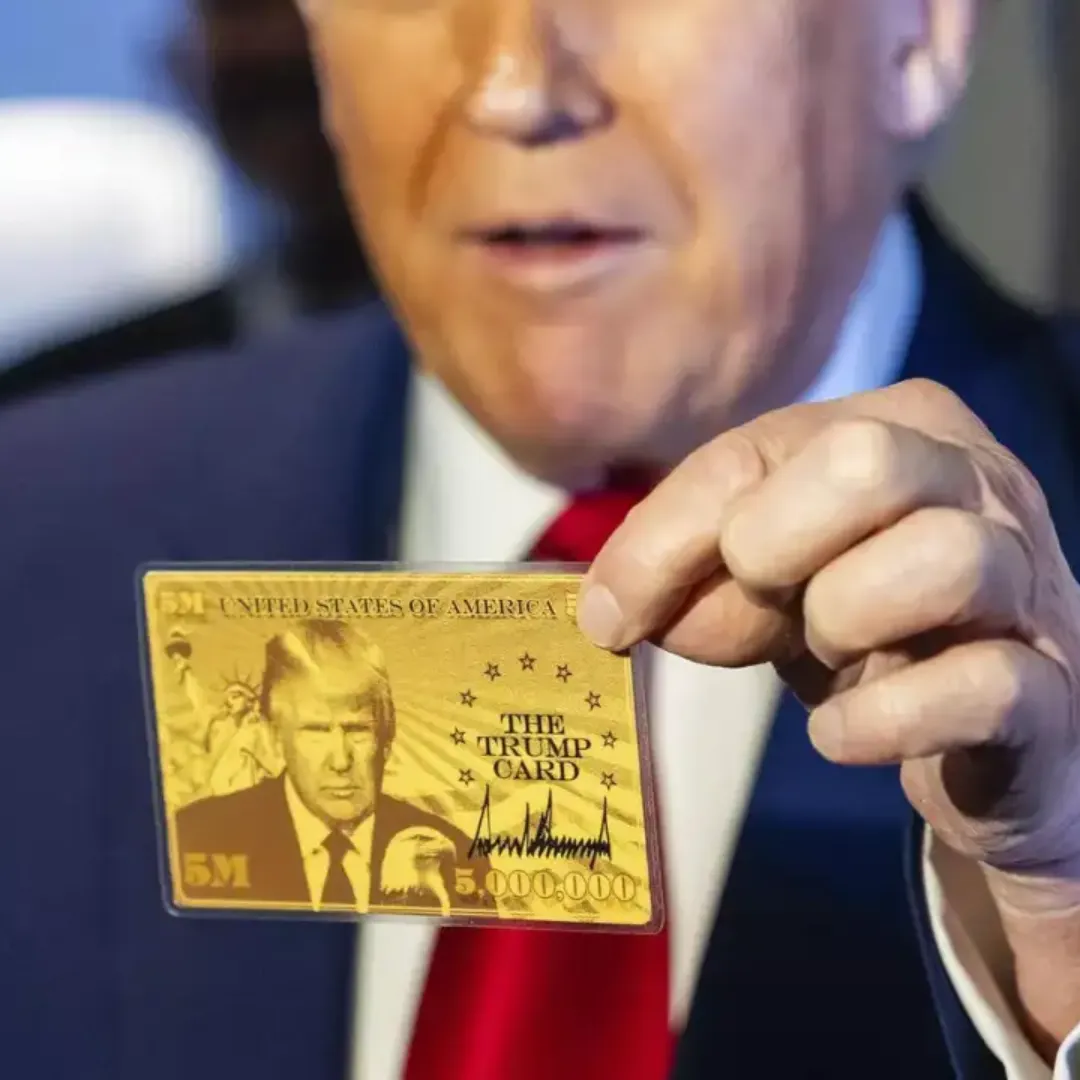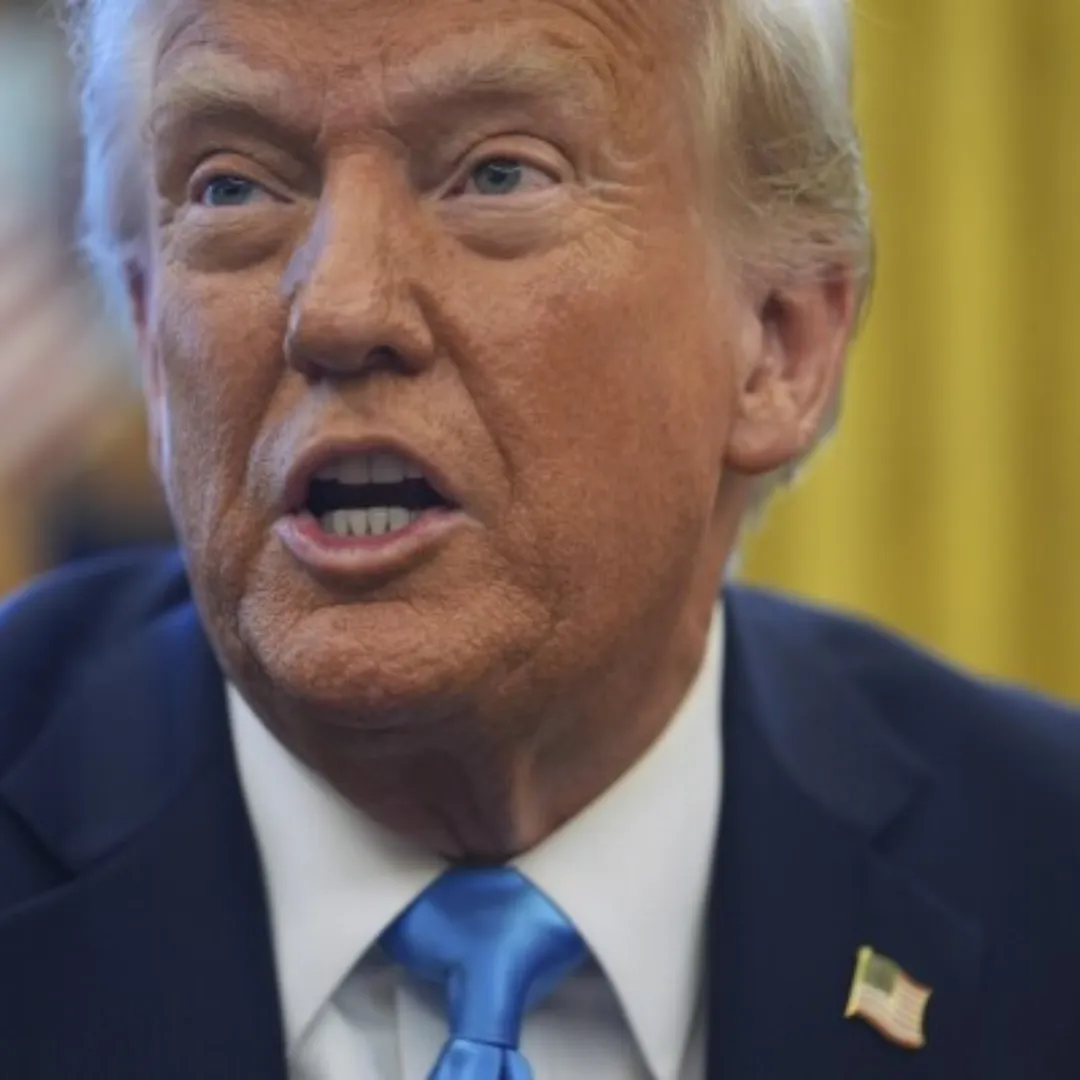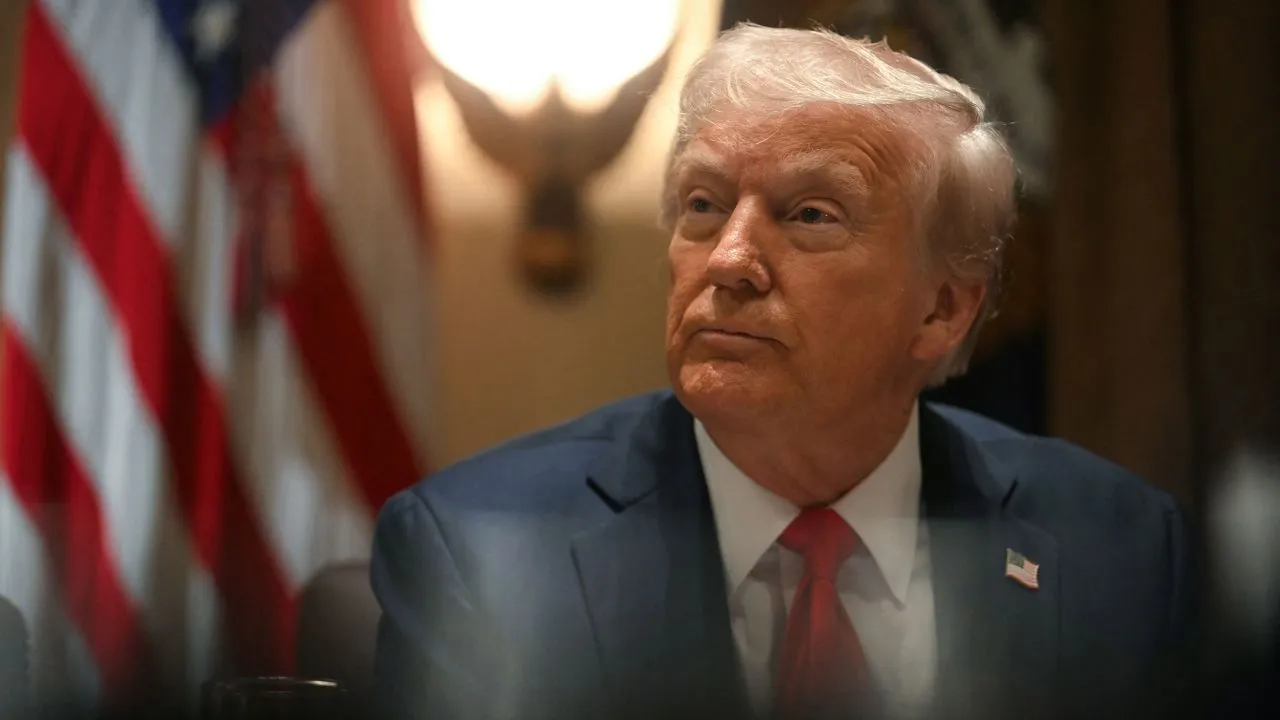
Former President Joe Biden and former first lady Jill Biden are expected to join a host of global dignitaries in Rome on Saturday to attend the funeral of Pope Francis, marking the end of an extraordinary era for the Catholic Church and the world. A Biden spokesperson confirmed their attendance on Friday, as the world continues to mourn the loss of a pope who redefined what it meant to lead with compassion, courage, and conviction.
Biden, the nation's second Roman Catholic president after John F. Kennedy, had built a personal relationship with Pope Francis over the past decade, frequently engaging with him on matters of faith, social justice, and human dignity. Their bond was most visibly strengthened during a private one-on-one meeting in 2021, shortly after Biden assumed office, a meeting that many observers described as deeply emotional and spiritually significant for both men.
In the hours following the announcement of Pope Francis’s passing on Monday, Biden expressed his grief and admiration on the social platform X, stating, "He was unlike any who came before him. Above all, he was a Pope for everyone.
He was the People’s Pope — a light of faith, hope and love." Those words captured the sentiment felt by millions around the globe who saw Pope Francis not just as a religious leader, but as a champion for the marginalized, a voice for the voiceless, and a fierce advocate for peace and equality.
His passing at the Vatican’s Casa Santa Marta at the age of 88 closed a chapter that had left an indelible mark on the world stage, not only in religious matters but also across social and political landscapes.
Pope Francis had long struggled with health issues, the Vatican confirmed. His health had taken a critical turn on February 14 when he was hospitalized with bronchitis.
Despite medical efforts, he contracted pneumonia shortly thereafter, and his condition remained perilous for days. Though there were moments of optimism, his recovery was incomplete.
He ultimately suffered a stroke that led to a coma, culminating in heart failure that claimed his life. This series of tragic health events underscored the immense physical burden Pope Francis endured while continuing to serve until his final days.

Vatican officials have acknowledged the Pope's unwavering spirit, emphasizing that he remained mentally sharp and spiritually active, even as his body weakened.
The funeral, expected to draw one of the largest gatherings of religious and political leaders in recent memory, will be a profound moment of unity and reflection. President Trump and former first lady Melania Trump have also confirmed their attendance, adding to the international gravity of the event.
Earlier this week, President Trump ordered that flags across the United States be flown at half-staff in honor of Pope Francis, acknowledging the global influence and moral authority the pontiff wielded during his lifetime. Leaders from across Europe, Latin America, Africa, and Asia have been making preparations to travel to Rome, underscoring the pope’s unparalleled reach across cultures, nations, and faiths.
The death of Pope Francis marks the first time in two decades that a sitting head of the Vatican has passed away, with the last being Pope John Paul II in 2005. The world remembers the immense outpouring of grief and reverence that followed John Paul II’s death, and similar scenes are expected to unfold as mourners fill St. Peter’s Square and surrounding areas to pay their final respects to Francis.
His legacy, however, differs sharply from his predecessors. Francis is remembered as a transformative figure who modernized the Church’s relationship with contemporary issues, spoke out boldly against injustice, and navigated the treacherous intersection of faith and politics with a rare blend of humility and fearlessness.
As Rome prepares for the influx of mourners, security has been heightened across the Vatican and surrounding districts. Italian authorities have coordinated closely with the Vatican’s own security forces to ensure the safety of attendees, which include kings, queens, presidents, prime ministers, and religious leaders from around the world.
Roads around the Vatican have been closed, and the city is bracing for a surge of pilgrims and tourists who wish to witness history firsthand. Local churches have organized special masses and prayer services, creating an atmosphere of solemn reflection throughout the city.
For Biden, the funeral represents not just a political obligation but a deeply personal journey. As a lifelong Catholic, Biden has often spoken of how his faith shaped his worldview, sustained him through personal tragedies, and guided his political philosophy.

His presence at the funeral of Pope Francis, a man he revered, is expected to be a highly emotional moment. White House insiders suggest that Biden views this trip as one of the most important of his post-presidential life, a chance to pay homage to a man he called "a beacon in dark times."
Many Americans, regardless of religious affiliation, see in Biden’s attendance a symbol of respect for the values Francis championed.
Pope Francis’s death has reignited conversations within the Catholic Church about its future direction. Known for his progressive stances on climate change, migration, income inequality, and human rights, Francis often faced resistance from traditionalists within the Church hierarchy.
Yet he remained steadfast in his vision of a Church that serves, uplifts, and embraces all people, especially the disenfranchised. His passing leaves a monumental void that the College of Cardinals must now grapple with as they embark on the sacred and secretive process of selecting the next pope.
Speculation about potential successors has already begun, with many wondering whether the next leader will continue Francis’s reformist path or retreat toward conservatism.
The rituals surrounding the selection of a new pope are steeped in centuries of tradition. In the coming days, the College of Cardinals will gather in conclave within the Sistine Chapel, engaging in a series of secret ballots until a consensus is reached.
Until then, the Vatican operates under a state known as "sede vacante," meaning the seat of Saint Peter is vacant. This transitional period is marked by both mourning and anticipation, as Catholics worldwide pray for guidance and wisdom in the choice of the next pontiff.
Meanwhile, tributes to Pope Francis have been pouring in from every corner of the globe. Leaders as diverse as French President Emmanuel Macron, Indian Prime Minister Narendra Modi, and South African President Cyril Ramaphosa have issued statements lauding Francis’s leadership and compassion.

Religious leaders from Protestant, Orthodox, Jewish, Muslim, Buddhist, and Hindu communities have also shared condolences, a testament to Francis’s unique ability to bridge religious divides. His unwavering commitment to dialogue, peacebuilding, and mutual respect made him not just a Catholic leader but a global moral compass.
Even in death, Pope Francis continues to challenge the world to live more authentically and compassionately. His simple lifestyle, his embrace of the poor, his environmental advocacy, and his fearless condemnation of corruption and hypocrisy serve as a lasting blueprint for ethical leadership.
His critics, who accused him of being too political or too progressive, have been largely silent in the face of an overwhelming tide of admiration and gratitude for his service.
The funeral mass will be conducted by Cardinal Giovanni Battista Re, the Dean of the College of Cardinals, in keeping with Church tradition. Vatican sources suggest that the ceremony will be rich in symbolism, reflecting Francis’s lifelong emphasis on humility and inclusivity.
The pope’s simple casket, devoid of unnecessary adornment, echoes his wishes for a modest burial. After the funeral, Pope Francis will be laid to rest in the Vatican grottoes beneath St. Peter’s Basilica, close to the tombs of previous popes he admired, including John XXIII and John Paul II.
As the world says goodbye to a leader whose reach extended far beyond ecclesiastical walls, there is a palpable sense of loss but also of inspiration. Pope Francis’s life was a testament to the power of empathy, courage, and unwavering faith in the goodness of humanity.
In a time when division, cynicism, and hatred often dominate headlines, his example reminds us that leadership grounded in love can change the course of history.
For millions of Catholics and non-Catholics alike, Francis was more than the head of the Church. He was a voice of conscience in an often chaotic world. His laughter, his tears, his tireless advocacy for the downtrodden, and his calls for justice will echo through history, shaping hearts and minds for generations to come.

As Rome prepares to honor him, and as the world watches with heavy hearts, one truth remains undeniable: Pope Francis was, and will forever be, the People’s Pope.


-1746294614-q80.webp)
